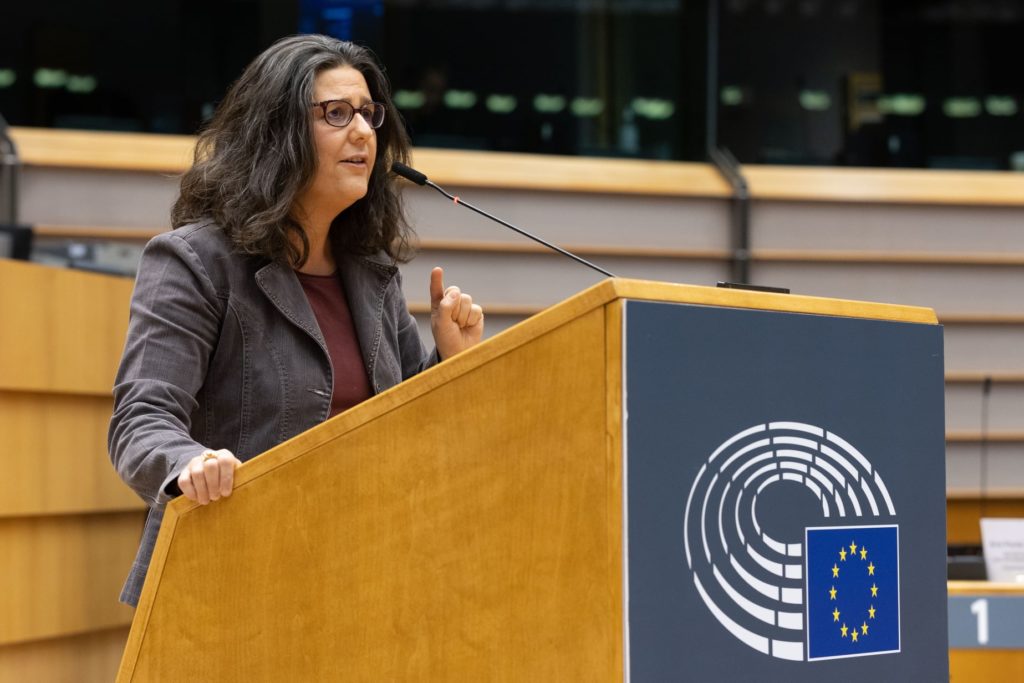The delegation from the Civil Liberties Committee concluded on Friday their visit to Hungary, in which they sought to examine whether the eastern European country had breached the EU’s founding values.
Back in 2018, the European Parliament asked EU member states to determine whether Hungary is at risk of breaching the EU’s founding values.
MEPs say the situation has only deteriorated further in the years since, pointing to media pluralism, a lack of government transparency, and pressure put on groups that are critical of the government.
Hungary has pursued aggressive measures against LGBTQ+ communities, including the creation of laws against “promotion” of homosexuality.
The European Commission called such actions “shameful,” and has even pursued legal action.
Belgium’s Prime Minister Alexander De Croo has repeatedly called on European leaders to take actions against countries like Hungary and Poland, saying that the EU is not a “cash machine” from which members can withdraw money while not adhering to the union’s core values.
The delegation that visited Hungary this past week met with various members of government, opposition parties, journalists and NGOs.
The aim of the trip was to assess the respect for press and academic freedom, judicial independence, the rights of minorities and the wider rule of law context on the ground, according to a press release.
“The last three days in Budapest have been packed but fruitful,” said Gwendoline Delbos-Corfield (France).
“We heard from over a hundred people and their diverse accounts will help us formulate a broadly informed view of what is happening in various aspects - justice, education, media - of rule of law in Hungary.”
The three-day visit had been planned for years but was put on hold due to the pandemic.
“Through our discussions, we did not only gather information but also tried to gauge prevailing trends and the circumstances under which various government and civil society actors operate,” Delbos-Corfield said.
“We talked with ministers, judges, members of parliament, opposition politicians, civil society organisations, academics, researchers and artists. With the input gathered, we are now going to continue our work and present a fine-tuned, updated report on the Hungarian rule of law situation to Parliament in December.”

